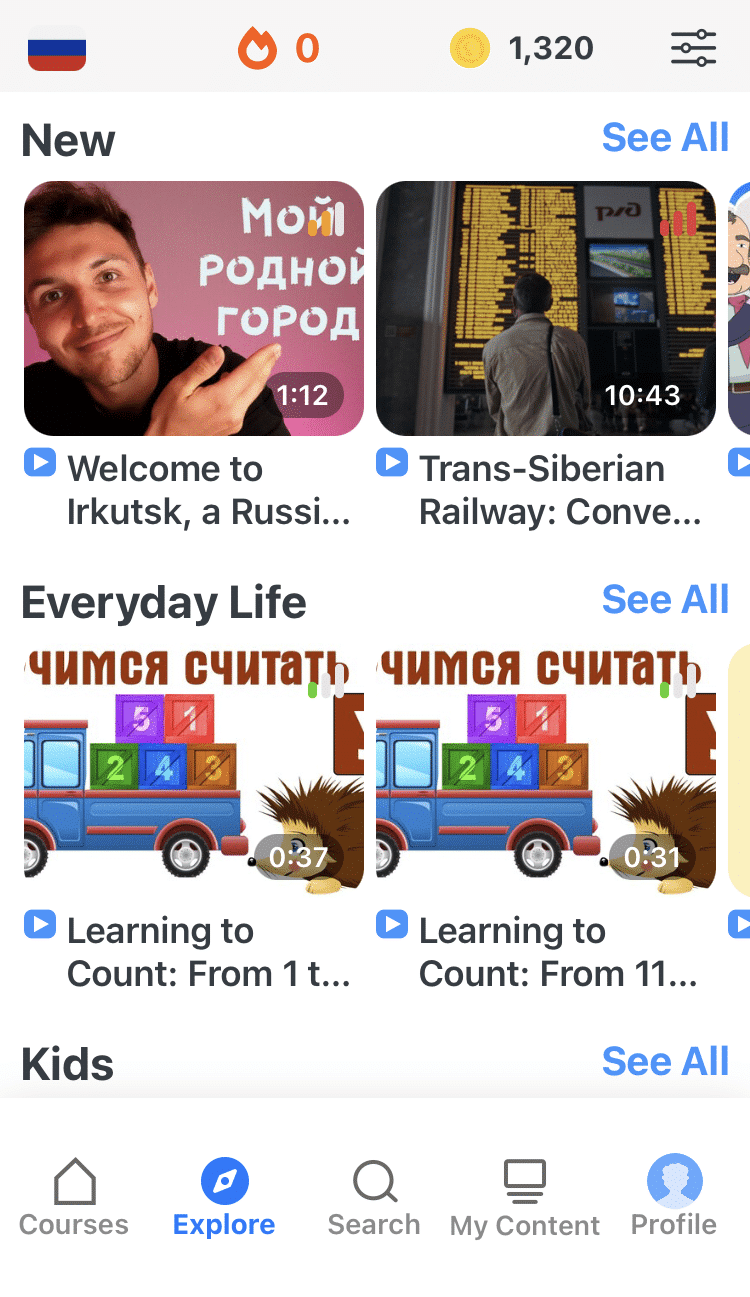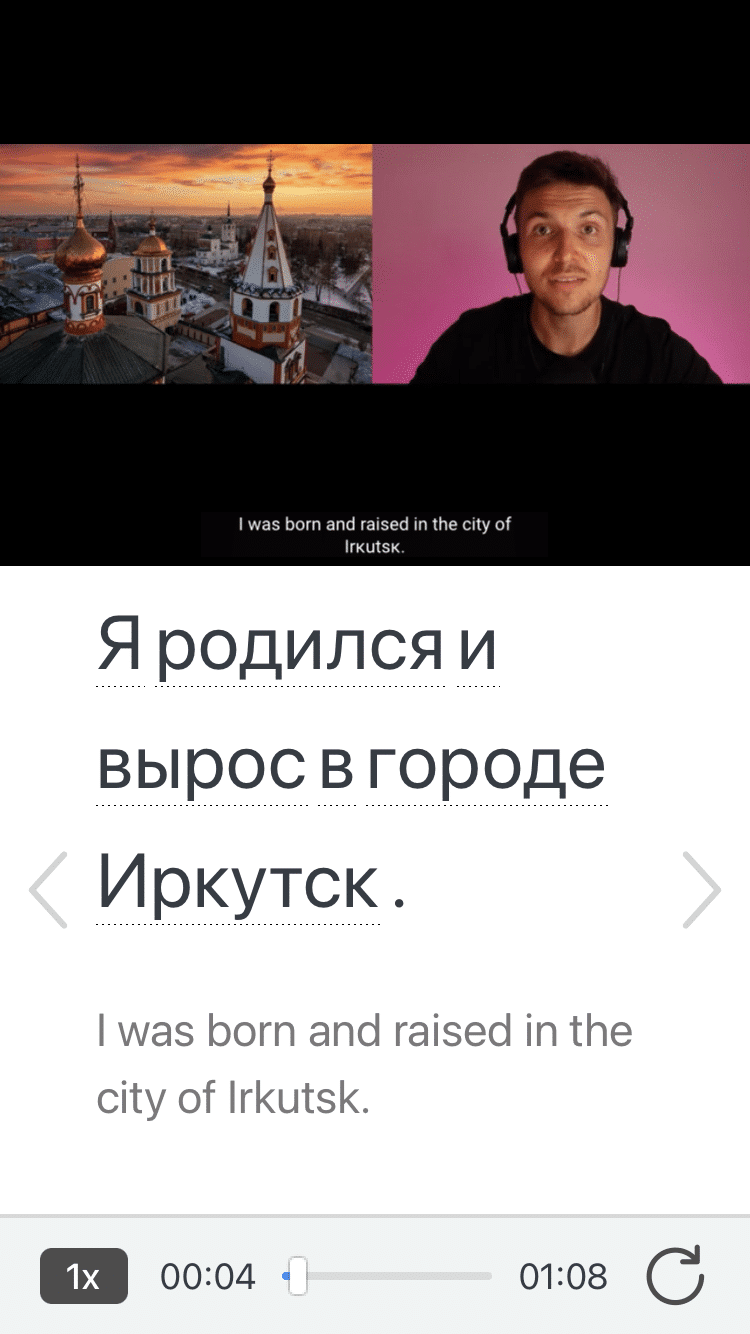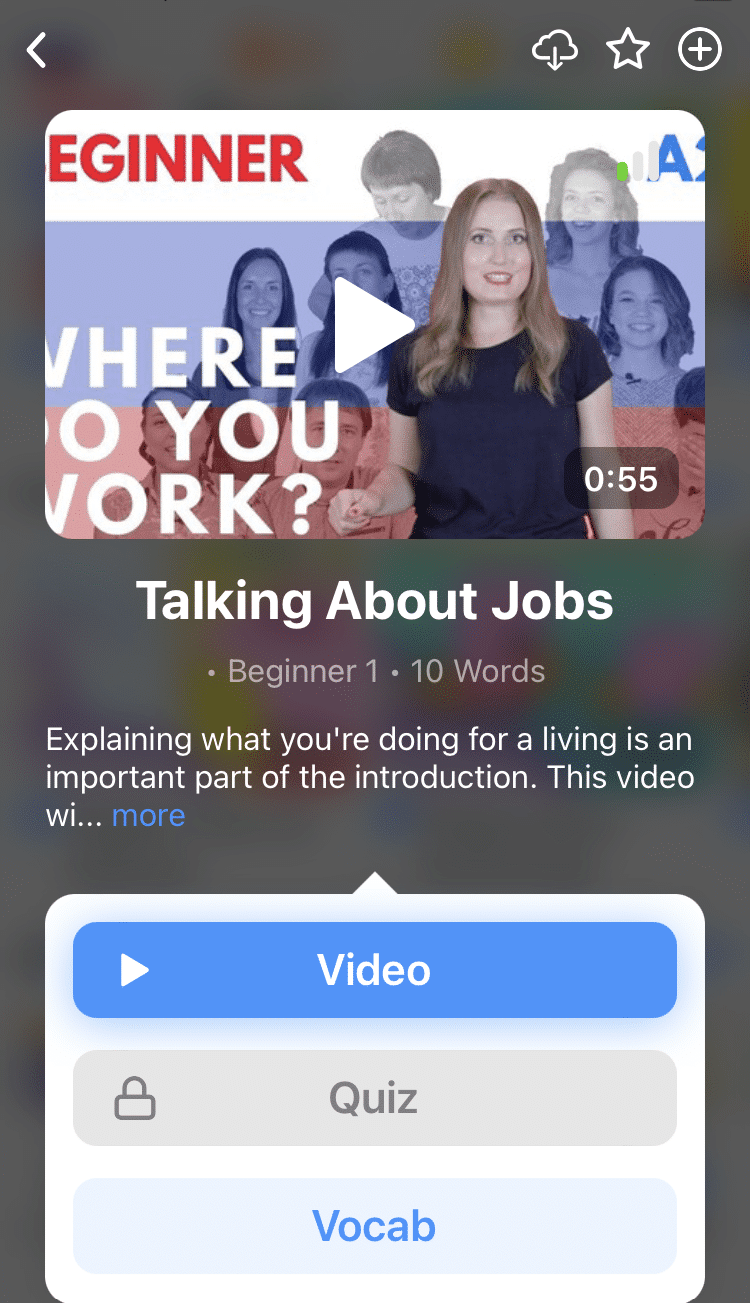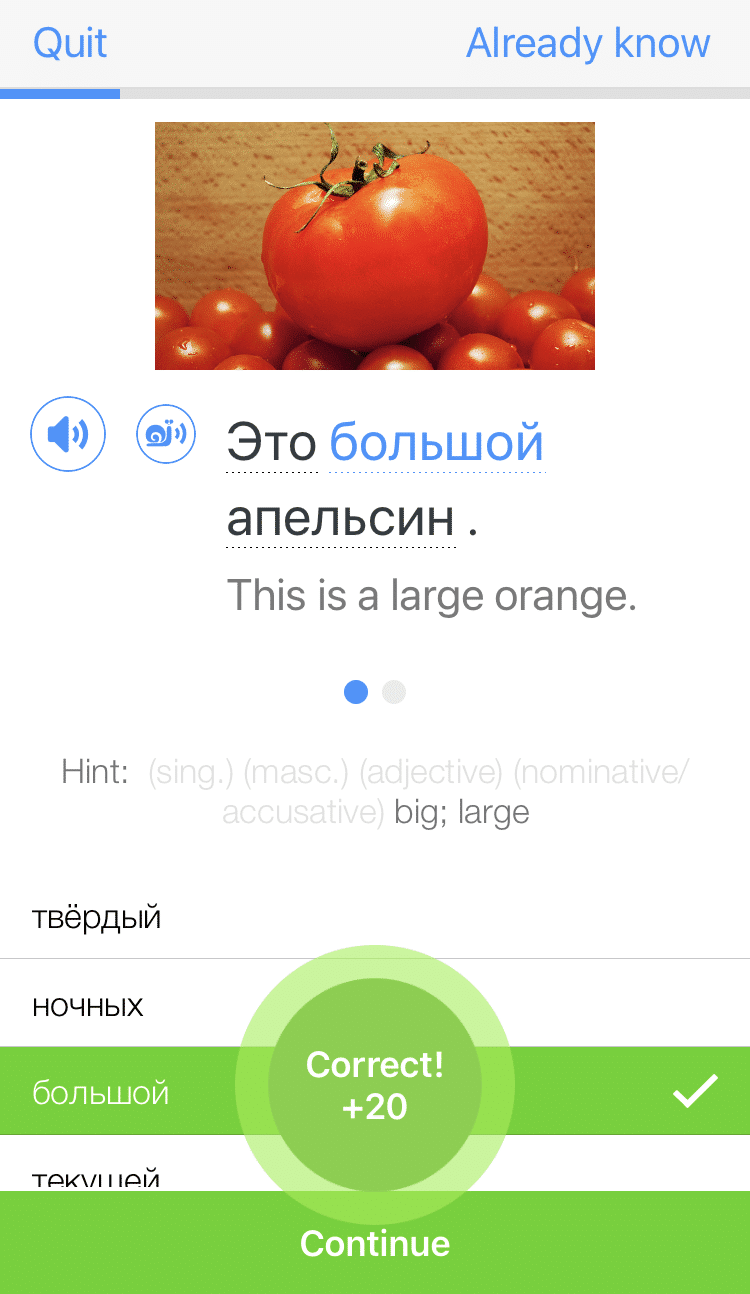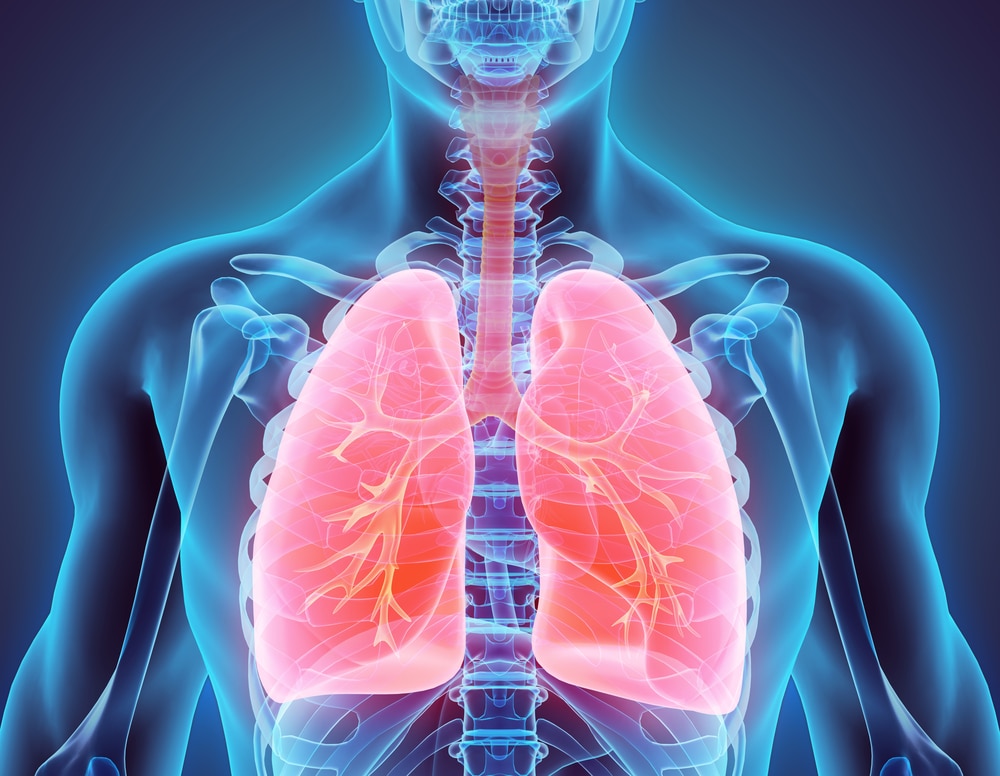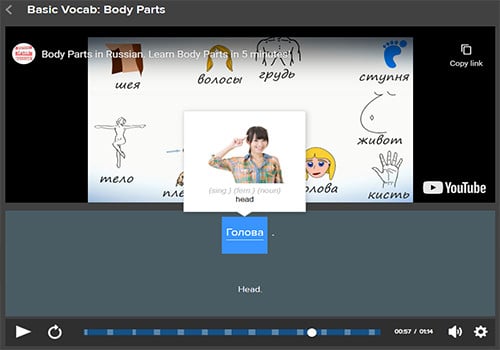
64 Body Parts in Russian
“Head, shoulders, knees and toes, knees and toes…”
It’s probably safe to assume you’re familiar with this classic children’s song.
And it’s no wonder! It’s been around for nearly 70 years and can be heard in preschools all over the world, translated into various languages.
This article will help you master body parts in Russian from the tippy top of your head down to your pinky toes, so you can point out your ouches to a doctor and carry out casual conversations.
Contents
- Body Parts in Russian
- A Few Grammar Notes
- How to Say Something Hurts
- Idioms Featuring Body Parts in Russian
- And One More Thing...
Download: This blog post is available as a convenient and portable PDF that you can take anywhere. Click here to get a copy. (Download)
Body Parts in Russian
Head and Face
- голова (head)
- волосы (hair)
Hair in Russian is a plural masculine noun. The singular form is applicable only when talking about an individual strand of hair.
- лоб (forehead)
- затылок (back of the head)
- макушка (crown of the head)
- лицо (face)
- глаз (eye)
- бровь (eyebrow, feminine)
- веко (eyelid)
- ресницы (eyelashes)
This is a plural feminine noun. Just as with hair, the singular form is rarely used.
- нос (nose)
- рот (mouth)
- горло (throat)
- шея (neck)
- щека (cheek)
- борода (beard)
- усы (mustache)
This is a plural masculine noun. The singular form has a few specialized uses not related to the human body.
Upper Body
- спина (back)
- плечо (shoulder)
- подмышка (armpit)
- грудь (chest or breast, feminine)
There’s no distinction between chest and breast in Russian. In fact, the plural of breasts are still expressed by the singular грудь.
- живот (abdomen)
- пузо (belly, colloquial)
- пупок (navel or belly button)
- рука (arm or hand)
In everyday Russian, you don’t differentiate between hand and arm. There’s a word construct made specifically for the hand— кисть руки (feminine)—but it’s not used beyond medical situations.
- локоть (elbow, masculine)
- запястье (wrist)
- ладонь (palm of the hand, feminine)
- палец (finger)
- указательный палец (pointer finger)
- средний палец (middle finger)
- безымянный палец (ring finger; lit. unnamed)
- мизинец (little finger; it’s the only finger name not including the word finger)
- большой палец (thumb; lit. the big finger)
Lower Body
- поясница (lower back)
- талия (waist)
You wouldn’t use талия when talking about a man’s waist, or when describing a physical condition for either man or woman; in those instances, you’d use поясница.
- таз (hips)
This is a singular noun that’s equivalent to the plural in English.
- ягодица (buttock)
- зад (butt)
- пах (groin)
- бедро (thigh)
- нога (leg or foot)
In everyday Russian, you don’t differentiate between leg and foot. There’s a word that means foot expressly— ступня —that’s rarely heard in conversation.
- колено (knee)
- икра (calf)
- лодыжка or щиколотка (ankle)
Technically these are two connected but slightly different parts of human anatomy, but the words are used interchangeably in Russian.
- пятка (heel)
- палец ноги (toe; lit. a finger of a foot)
Only большой палец and мизинец have their own monikers among the toes, but when you use them you’ll qualify that with на ноге (on a foot).
- ноготь (fingernail or toenail, masculine)
When you need to distinguish talking about a toenail, you’ll add on “foot” or even on a “finger of a foot” after ноготь.
Inside the Body
- мозг (brain)
- лёгкие (lungs)
This is a plural neuter noun that looks and behaves like an adjective. A singular form would only be featured in medical diagnosis.
- сердце (heart)
- кровь (blood, feminine)
- почка (kidney)
- печень (liver, feminine)
- мышца (muscle)
When discussing physique, the plural masculine мускулы may also be used.
A Few Grammar Notes
Let’s briefly talk about gender in Russian. Every noun is either feminine, masculine or neuter. The ending of the word is usually the indicator.
- Nouns ending in a consonant are masculine. For instance, глаз (eye)
- Nouns ending in either –а or –я are feminine. As is the case with рука (hand)
- Nouns ending in either –о or –е are neuter. For example, колено (knee)
- Nouns that end in –ь could be either feminine or masculine, with no additional marker to set them apart. As you’ll see in локоть (elbow, masculine) and челюсть (jaw, feminine)
There are exceptions to the above rules, but none of them are relevant to body parts vocabulary.
Another important thing to remember is that articles as a part of speech don’t exist in Russian at all, so you don’t have to worry about using the correct one in front of a noun.
However, recognizing noun gender is still essential because adjectives have to agree in gender with the nouns they describe.
левый глаз (left eye)
левая рука (left hand)
левое колено (left knee)
Plural nouns are fortunately less demanding. All genders equally agree with a single plural adjective form, for instance, усталые (tired) eyes/hands/knees.
Possessive pronouns in the first and second person act in the same fashion as adjectives when it comes to gender agreement.
мой глаз (my eye)
моя рука (my hand)
моё колено (my knee)
Don’t worry if all this grammar is a bit overwhelming for you—the more you use it (and see it used), the more comfortable you’ll be with it. Make a point to think about noun gender when watching or listening to Russian content like TV shows or podcasts, or reading Russian texts.
If you want a little extra learning support, another way to practice would be to use a program like FluentU. This language learning program language helps you learn through authentic video content such as commercials, news reports and inspiring talks.
Because the content is made by and for native speakers, you get to see how Russian is used in different contexts—and see exactly how gender comes into play.
Each video comes with interactive subtitles to help you analyze the language as you watch, and you can follow up the videos with personalized quizzes, flashcards and the contextual video dictionary.
If you prefer studying on the go, there are also iOS and Android apps available to make your sessions easier.
How to Say Something Hurts
The Russian verb for “hurts” is болит , and it’s the same for all genders. The plural form is болят .
You can express a painful condition by stating моё колено болит (my knee hurts), and although you’ll be understood, it’s not something used in everyday speech.
Instead, you should use the possessive construct у меня (it can’t be translated literally into English, but relays the meaning of “I have”), followed by болит and then the body part.
У меня болит колено. (My knee hurts.)
У меня болит рука. (My hand hurts.)
У меня болит спина. (I have back pain.)
Idioms Featuring Body Parts in Russian
Any informal conversation in Russian invariably draws on various idiomatic expressions, many of which involve body parts.
Some would be instantly recognizable by an English speaker if translated directly, yet many others will sound incomprehensible if you don’t understand the hidden meaning.
Let me stress that these are very informal.
For these expressions to work, there should be a significant level of familiarity and camaraderie between the speakers.
Не бери в голову!Literally, “don’t take [it] into [your] head.”
As you may guess, it more or less expresses a “don’t worry!” sentiment. Used only in the imperative, it implies that the person on the receiving end is agonizing over a trifle.
Вертится на языке.This is a very useful expression to indicate that you definitely know the subject, but cannot recall what it’s called. Literally, “spins on [my] tongue.”
От чистого сердца.This idiom translates to “from a pure heart.” This expression frequently accompanies a gift, an offer of assistance or sometimes a piece of advice. It states that the giver has only the best intentions and no ulterior motive.
У меня скоро живот лопнет!You can also interchangeably use желудок here. “My stomach is about to burst” is a playful way to indicate to your host that you cannot have any more of her delicious food.
Just make sure you look and sound sufficiently apologetic when saying that.
У меня глаза на лоб вылезли.Literally, “my eyes got out to the forehead.” This phrase describes the state of being stunned by what you saw.
Попал пальцем в небо.The English translation is “hit the sky with a finger.” It means that the other person just said something erroneous or made a wildly incorrect guess.
Oт макушки до пяток (from the crown of the head to the heels), these were the body parts in Russian for small talk, idioms and health!
So what are you waiting for? Let’s get learning!
If you love learning Russian and want to immerse yourself with authentic materials from Russia, then I should also tell you more about FluentU.
FluentU naturally and gradually eases you into learning the Russian language and culture. You'll learn real Russian as it's spoken by real Russian people!
FluentU has a very broad range of contemporary videos. Just a quick look will give you an idea of the variety of Russian-language content available on FluentU:
FluentU makes these native Russian videos approachable through interactive transcripts. Tap on any word to look it up instantly.
Access a complete interactive transcript of every video under the Dialogue tab. Easily review words and phrases with audio under Vocab.
All definitions have multiple examples, and they're written for Russian learners like you. Tap to add words you'd like to review to a vocab list.
And FluentU has a learn mode which turns every video into a language learning lesson. You can always swipe left or right to see more examples.
The best part? FluentU keeps track of your vocabulary, and gives you extra practice with difficult words. It'll even remind you when it’s time to review what you’ve learned. You'll have a 100% personalized experience.
Start using the FluentU website on your computer or tablet or, better yet, download the FluentU app from the iTunes or Google Play store. Click here to take advantage of our current sale! (Expires at the end of this month.)
And One More Thing...
